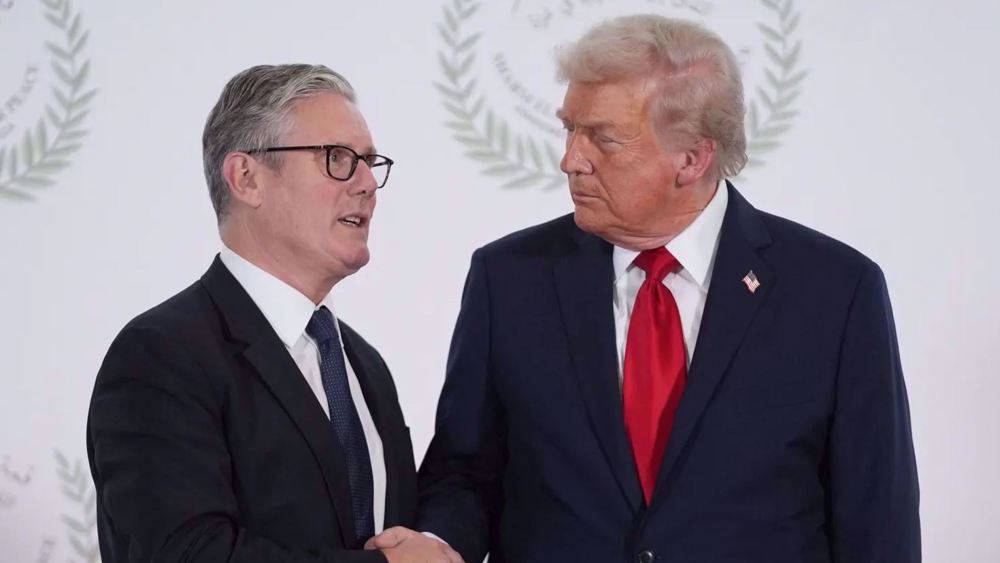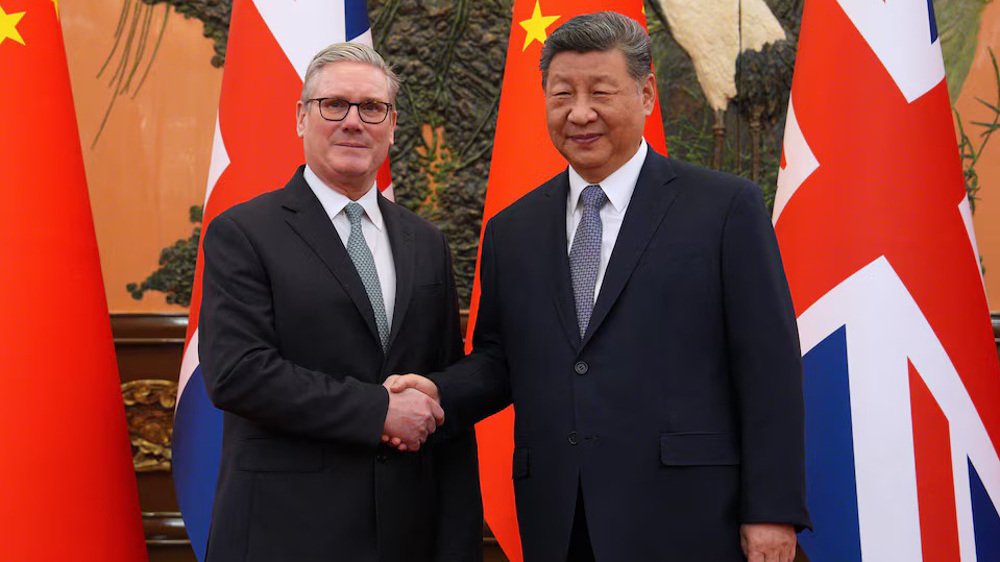EU presses Britain to speed up exit process
Remaining members of the European Union have piled pressure on Britain to set out a quick timetable for its exit from the bloc, to avoid long period of “uncertainty.”
European Commission President Jean-Claude Juncker said now that Britain decided to leave the EU, there is no reason to wait until October for Prime Minster David Cameron’s resignation and the beginning of negotiations for the UK’s departure.
“Britons decided yesterday that they want to leave the European Union, so it doesn't make any sense to wait until October to try to negotiate the terms of their departure," Juncker told Germany's ARD television station.
Cameron announced on Friday he would leave office in October a day after some 51 percent of British voters opted to leave the EU in a historic referendum on Thursday.
He said it would be up to his successor, who is expected to be appointed before the Conservative Party conference in October, to trigger negotiations for exit from the union.
French Foreign Minister Jean-Marc Ayrault said Britain “must trigger” exit negotiations and it should take “a few days” for Cameron to be replaced.
He said it would “not be respectful” for the UK to postpone the exit process.
Ayrault warned that there is “a certain urgency” to start the process, because of “financial consequences, political consequences ... We must avoid a long period of uncertainty.”
German Foreign Minister Frank-Walter Steinmeier also called for talks to be started “as soon as possible,” saying “intensive European discussions” were also needed.

Luxembourg’s foreign minister, Jean Asselborn, also warned that waiting for Cameron’s successor to start the exit process in October could turn those four months into “a period of insecurity.”
“I hope we won’t get into a cat and mouse game over this – that would neither be fitting for Britain nor the European Union,” he said.
Britain’s vote, which sent shockwaves around the world, now has concerned European capitals that are anxious about anti-EU sentiments among their citizens.
They say the Brexit vote should be seen as a wakeup call for a union that is increasingly losing touch with its people.
Brexit, however, sparked some demands from far-right parties for similar referendums in France, Netherlands and Italy.
The prime minister of the Netherlands, Mark Rutte, said the EU had to become “more relevant, deliver added value to our lives, jobs, growth, control of our external borders.” He said he personally felt “this strong discontent” with Europe.
The 27 remaining members of the union will hold an emergency meeting next week to discuss Britain’s departure and the future of the bloc without Britain.
VIDEO | Press TV's news headlines
VIDEO | Trump says navy near Iran because they ‘have to float someplace’
Trump tells India to buy Venezuelan oil instead of Iranian crude
UAE 'spy sheikh' invested in Trump-linked firm before his inauguration: Report
From Iraq war crimes to Gaza’s ‘board of peace’: Why Tony Blair belongs in The Hague
Iran considers European armies as terrorist groups: Parliament speaker
VIDEO | Arrests at Palestine demonstration in Frankfurt
Trump ‘disappeared’ 12-year-old girl, threatened to disappear another: Report













 This makes it easy to access the Press TV website
This makes it easy to access the Press TV website